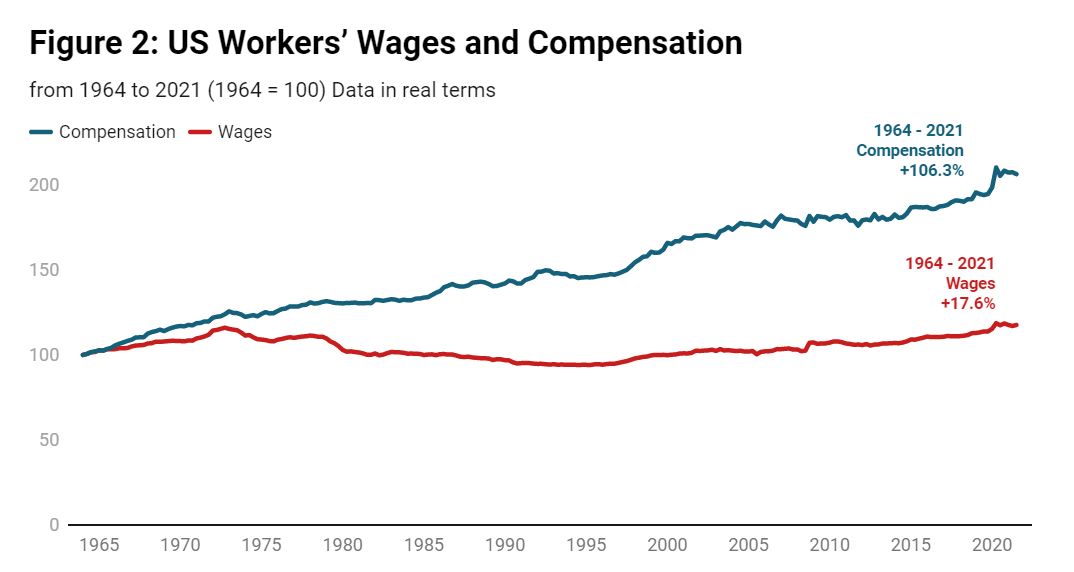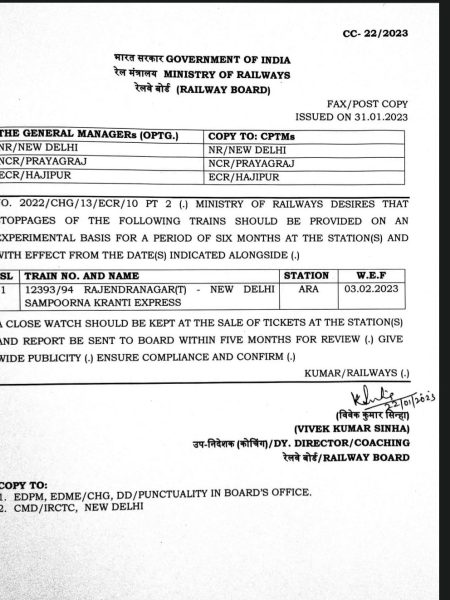Analyzing The Great Decoupling: Causes, Consequences, And Responses

Table of Contents
Causes of the Great Decoupling
The Great Decoupling isn't a singular event but a culmination of various factors driving a wedge between the US and Chinese economies. Understanding these root causes is vital to anticipating future trends and mitigating potential risks.
Ideological and Geopolitical Differences
The increasing divergence in political and economic systems between the US and China forms a significant bedrock of the Great Decoupling. This ideological chasm fuels geopolitical tensions, impacting trade and investment relations. Rising tensions over trade practices, intellectual property rights, and human rights further exacerbate this divide. Differing geopolitical strategies and alliances also contribute significantly to the growing separation.
- Examples of specific policy disagreements:
- The imposition of tariffs on billions of dollars worth of goods between the US and China.
- Restrictions on Chinese technology companies like Huawei, citing national security concerns.
- Disagreements over the handling of the COVID-19 pandemic and its origins.
- Divergent approaches to international organizations and global governance.
Technological Competition
Intensifying rivalry in technological innovation, particularly in areas like 5G, artificial intelligence (AI), and semiconductors, is a key driver of the Great Decoupling. Concerns over technology transfer and national security are paramount, leading to restrictions and decoupling efforts. Supply chain disruptions and subsequent diversification efforts further accelerate this separation.
- Examples of specific technological sectors driving the decoupling:
- The race for 5G dominance and the restrictions placed on Huawei's participation.
- Competition in AI development and the potential for AI-driven military applications.
- The struggle for dominance in semiconductor manufacturing and the efforts to secure domestic production.
- Concerns about data security and the control of critical technologies.
Economic Diversification and Regionalization
China's ambitious efforts to reduce reliance on the US market and foster robust domestic consumption significantly contribute to the Great Decoupling. Simultaneously, the rise of regional economic blocs and trade agreements that either exclude or marginalize the other fuels this separation. The COVID-19 pandemic further accelerated this trend, highlighting the vulnerabilities of globally integrated supply chains and spurring regionalization strategies.
- Examples of regional initiatives:
- China's Belt and Road Initiative (BRI), aimed at expanding its economic and political influence across Eurasia and beyond.
- The US's Indo-Pacific Strategy, focused on strengthening partnerships and countering China's influence in the region.
- The growing importance of regional trade blocs like the EU and ASEAN.
- Efforts to create alternative supply chains outside of China.
Consequences of the Great Decoupling
The decoupling process has far-reaching consequences, impacting the global economy, geopolitical stability, and societies worldwide.
Global Economic Fragmentation
The Great Decoupling threatens a more fragmented global economy with competing standards and regulations. Increased trade barriers and reduced cross-border investment are already visible. The impact on global supply chains is substantial, driving up the cost of goods and potentially leading to shortages.
- Potential implications for specific industries:
- Increased manufacturing costs for electronics and other goods reliant on global supply chains.
- Challenges for technology companies reliant on global collaboration and data flows.
- Potential disruption to agricultural markets due to trade restrictions.
- Increased prices for consumers as a result of higher input costs.
Geopolitical Instability
The heightened risk of military conflict or proxy wars is a significant consequence of the decoupling. Increased competition for influence and resources further fuels this instability. Multilateralism and international cooperation are facing substantial challenges.
- Specific examples of geopolitical tensions:
- Increased military activity and tensions in the South China Sea.
- Competition for influence in regions like Africa and Central Asia.
- Heightened cyber warfare and information operations between the US and China.
- Strained relations between allies due to differing approaches to dealing with China.
Societal Impacts
The Great Decoupling will inevitably impact global trade and employment. Consumer prices and access to goods and services are also affected. The potential for social unrest and political instability cannot be ignored.
- Potential impacts on different demographics and regions:
- Job losses in industries heavily reliant on trade with China.
- Increased inequality as the benefits and burdens of decoupling are unevenly distributed.
- Potential for social unrest in countries experiencing economic hardship as a result of decoupling.
- Increased migration as people seek better economic opportunities.
Responses to the Great Decoupling
Addressing the Great Decoupling requires multifaceted responses from governments, businesses, and the international community.
Government Policies
Governments worldwide are implementing strategies to diversify supply chains, reduce dependence on single countries, and invest in domestic manufacturing and technological innovation. New trade agreements and regional economic partnerships are being forged.
- Specific examples of government policies:
- Investments in domestic semiconductor manufacturing.
- Incentives to attract foreign investment in key industries.
- The development of new trade agreements that exclude China.
- Increased spending on national defense and security.
Business Strategies
Businesses are adapting to a more fragmented global market by restructuring supply chains, diversifying sourcing, and investing in technologies that reduce reliance on specific countries. Risk management is becoming increasingly important.
- Examples of business strategies:
- Nearshoring and reshoring of manufacturing operations.
- Investing in automation and robotics to reduce reliance on labor from specific regions.
- Developing multiple sourcing options for key components and raw materials.
- Building stronger relationships with suppliers in diverse geographical locations.
International Cooperation
International organizations play a crucial role in promoting dialogue and cooperation, establishing common standards and regulations, and addressing underlying geopolitical tensions. However, the effectiveness of international cooperation is severely tested by the decoupling.
- Examples of international initiatives:
- Efforts to reform the World Trade Organization (WTO).
- Negotiations on new international trade agreements.
- Attempts to address climate change and other global challenges through international cooperation.
- Strengthening alliances and partnerships to counter the influence of China.
Conclusion
The Great Decoupling represents a fundamental shift in the global economic order, with profound consequences for nations and businesses worldwide. Understanding its causes, consequences, and potential responses is crucial for navigating this complex and evolving landscape. By proactively adapting to this new reality and engaging in strategic planning, governments and businesses can mitigate risks and potentially benefit from new opportunities. Continued analysis of the Great Decoupling is essential for informed decision-making in the years to come. Therefore, further research and a focus on sustainable, diversified strategies are critical to effectively manage the challenges and opportunities presented by the Great Decoupling. Ignoring the ramifications of the Great Decoupling will only exacerbate its negative consequences. Proactive engagement and strategic planning are essential to navigate this new economic reality successfully.

Featured Posts
-
 Glen Powells Physical And Mental Preparation For The Running Man
May 08, 2025
Glen Powells Physical And Mental Preparation For The Running Man
May 08, 2025 -
 355 000 People Affected Dwps 3 Month Benefit Stoppage Notice
May 08, 2025
355 000 People Affected Dwps 3 Month Benefit Stoppage Notice
May 08, 2025 -
 What Did Kyle Kuzma Say About Jayson Tatums Viral Instagram
May 08, 2025
What Did Kyle Kuzma Say About Jayson Tatums Viral Instagram
May 08, 2025 -
 Van Drivers Road Rage Leads To Motorcycle Collision Cnn
May 08, 2025
Van Drivers Road Rage Leads To Motorcycle Collision Cnn
May 08, 2025 -
 I Just Watched The New Superman Footage Krypto Steals The Show But This Other Moment Is Huge
May 08, 2025
I Just Watched The New Superman Footage Krypto Steals The Show But This Other Moment Is Huge
May 08, 2025
